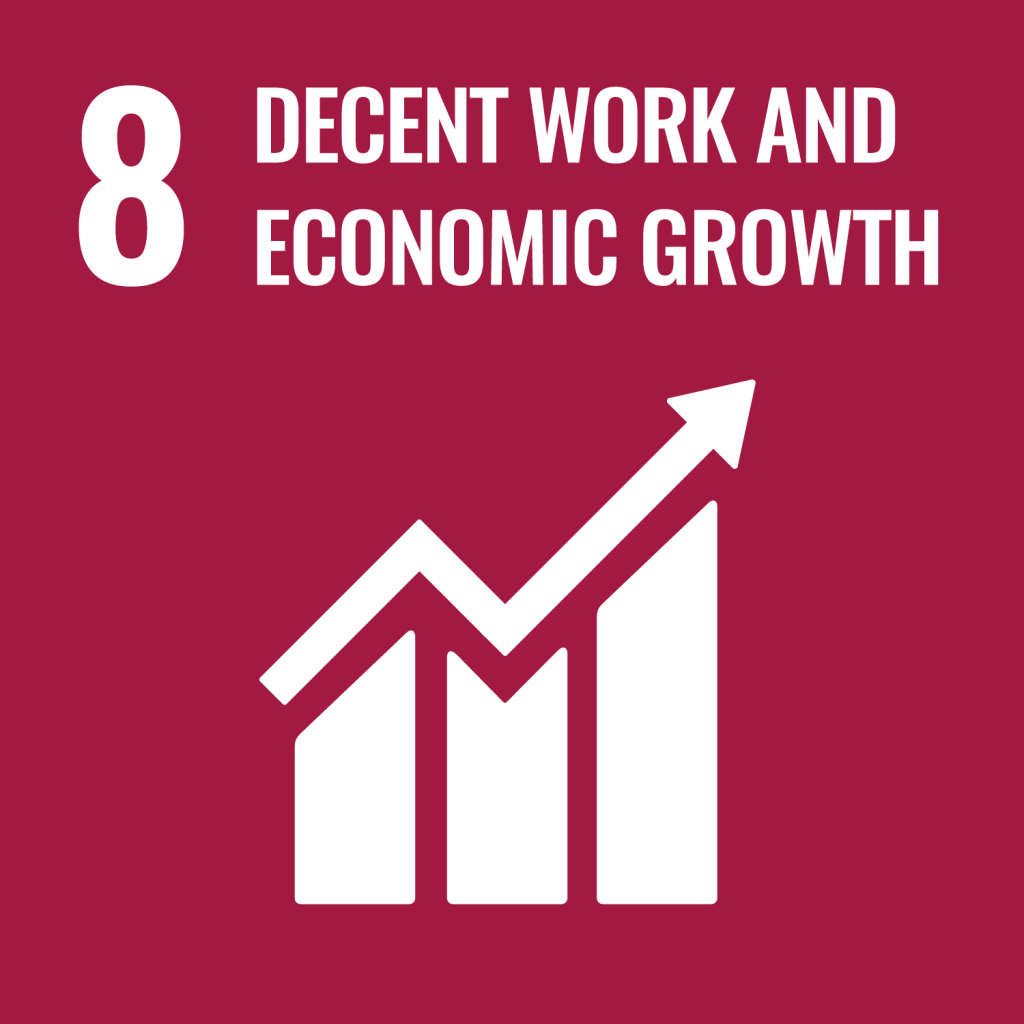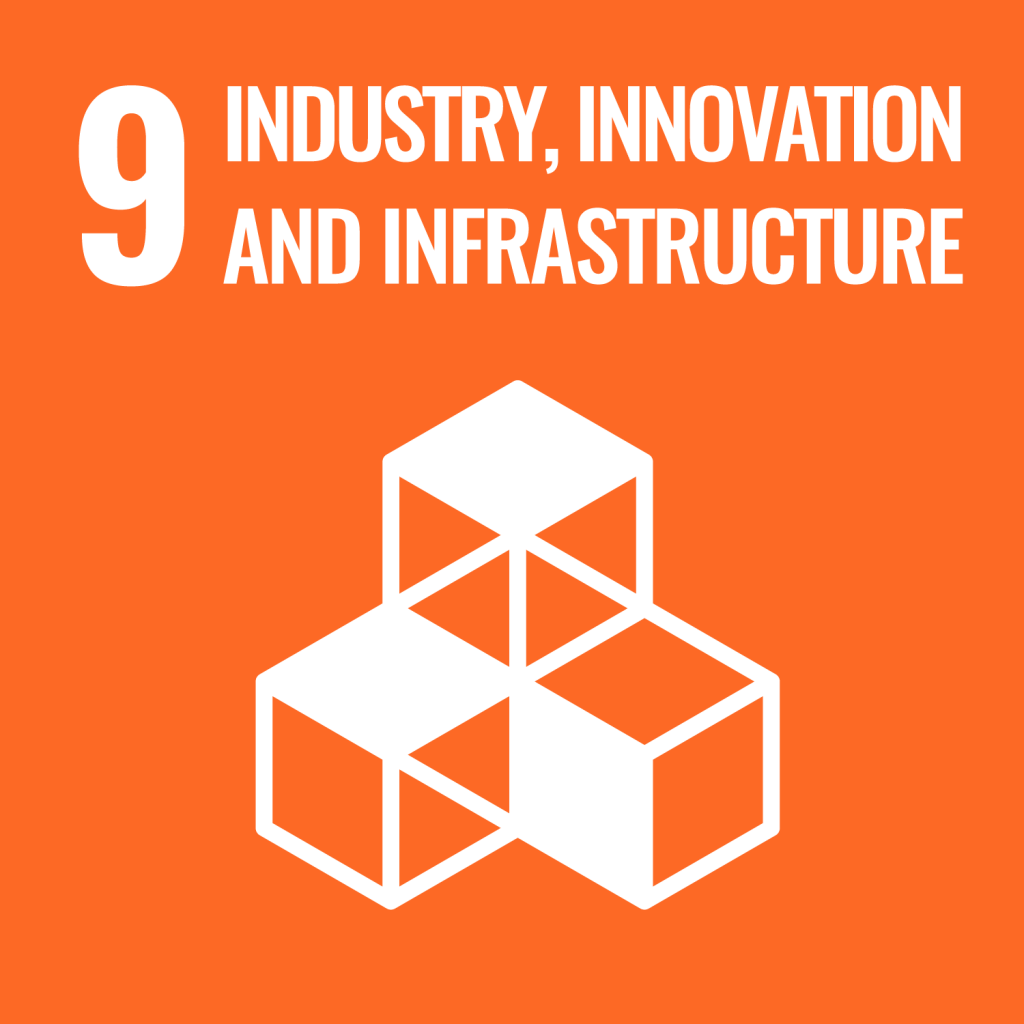Barrio Bread
Small (10-49)
Retail
Retail
Lesson
Barrio Bread is a small artisan bakery in Tucson, Arizona, selling a variety of bread to the public, restaurants and grocery stores. The bakery uses sustainable entrepreneurship to use local sourcing, ethical supply chains, local economic activity, economic cooperation and mutualism, and sustainability advocacy as core practices. Barrio Bread notes, however, that its success would not have been achieved without a broader network of stakeholders.
Background
Barrio Bread is a community-supported bakery producing a range of artisan breads using local and organic heritage grains and flour for direct retail sales and wholesale to local stores and restaurants in the Tucson area. The owner-manager, who is also the head baker, has nurtured a strong community around the bakery built on quality, sustainability, personal relations, education, and solidarity, resulting in high demand and an army of ambassadors for the bakery and for the local food movement. The baker has also been instrumental in the growth of the sustainable local grain economy in Arizona through collaboration with activists, farmers, millers, and other bakers whilst also being a significant contributor to share his knowledge and provide assistance nationally. Though wholesale was hit hard during the COVID lockdown in 2020, the business weathered the crisis due to its short supply chain, strong direct consumer sales and committed customer base.





Sustainability Story
The origins of Barrio Bread are true to its name—‘Neighborhood Bread’ in English. Barrio’s founder stated that he is driven by his belief that neighborhood scale, artisan bakeries can be powerful agents for community change with significant social, cultural, environmental and economic benefits. It began in 2008 when an elementary school teacher resurrected his earlier career as a baker and took his passion and talents for baking healthy bread and making community connections to start a bakery in his garage. Selling at the local farmers’ market, Barrio quickly built an enthusiastic customer base through the baker’s networking and word of mouth. Such business startups are possible in Arizona due to its permissive cottage industry food business laws and have been used by several other artisan bakeries in the state. Sales were based on taking advanced weekly orders through the website with multiple community-based distribution points, such as a farmer’s market, a lower-income neighborhood, and several schools, thereby reaching a wide variety of customers. Bread sales were supplemented with bread-making courses, using the baker’s other passion, education, to share his knowledge and skills, and support the community.
In the first couple of years, Barrio sourced its flour from out-of-state specialty mills, but through his connections, the baker was learning of interest to restore local growing and milling of heritage grains in Arizona. In 2011, the baker joined a group of entrepreneurs on a project to grow and develop markets for White Sonoran wheat. He worked closely with the miller involved, experimenting with how to bake with the flour and managing to produce an excellent bread with 20% local content. At networking and training events he became an advocate for the local grain and struck an agreement with a local organic grain farmer to grow and mill enough White Sonoran in 2013 to use 10% across all of his breads, and then up to 20% as he learned more about the flour’s qualities. However, while White Sonora added fabulous flavor and other values to the bread, it does not have the necessary technical qualities for being the primary bread flour. So, the baker and the farmer collaborated and experimented further with other varieties that are essential for baking high-quality bread, such as a hard red. This allowed Barrio to make a major step up in local flour content to 60% by 2017. He also continued to work with the original miller, and as the local grain economy grew, developed a co-branded, consistent local flour mix for retail sales to home bakers and to other bakeries. Barrio’s bread now contains over 75% local flour.
Barrio’s garage-based production was operating at close to maximum capacity producing 800 loaves per week in 2014 but was not meeting demand. Demand had continued to grow not only due to quality and local solidarity with the enthusiastic customer base, but now also because of the strong connection to local producers, the sustainable production, and heritage grains—reasons that resonated well with the strong local food movement in Tucson. On this basis, and with the help of local experts who had been involved in the White Sonora wheat revitalization project, the baker was able to obtain a US Department of Agriculture grant for the purpose of developing local food and communities, and used the funds to move the bakery to a commercial property with a retail front in 2016. The new premises and upgraded equipment allowed production to be increased to 4000 loaves per week with an associated hiring and training of a culturally diverse group of 11 staff. The expansion allowed new wholesale markets to be developed with locally owned restaurants and grocery stores. The baker continued to spread his knowledge and skills through local baking classes as well as helping and training other bakers in Arizona, and advocating for local grain economy development at over 30 conferences and other promotional events across the state, nationally, and internationally between 2015 and 2018.
In keeping with the mission to spread the benefits of locally connected, neighborhood bakeries, Barrio’s baker had begun working with other communities and local organizations to broaden the local grain economy in and around Tucson. With the help of local researchers, Barrio obtained another USDA grant in 2020 to form a new company providing infrastructure and support services for the wider uptake of local, sustainably grown grains around Tucson. He has been working, for example, with a nearby Native American cooperative farming community to help them grow and use White Sonora wheat, whilst collaborating with a local distribution company to develop storage and to help them switch their tortilla bakery business sideline to White Sonora.
Pathway Map
Local Economic Activity
View the Pathway MapEconomic Cooperation and Mutualism
View the Pathway MapLocal Sourcing
View the Pathway MapEnabling Factors for Practices
| Internal to the organization | External to the organization |
|---|---|
| Local and sustainable sourcing - Work closely with key suppliers and commit to future purchases to ensure supplies will be available as needed (quantity, quality, timing, future); Adapt products, processes, and techniques to the qualities of available local supplies; Collaborate with suppliers on the development of new supplies to enable the development of new end-user products; Make the local origins of products explicit in sales and marketing and educate consumers about the reasons and benefits | Networking - The ecosystem’s networking function was important in at least one critical activity in Barrios’ development. This was early in the business’s lifetime, when the entrepreneur’s connections and reputation as a baker led to him being invited by the emerging local grain movement to participate in a project to reintroduce White Sonora wheat to Arizona. This fundamentally changed his trajectory and goals. It also connected him to some key collaborators: the pioneer in milling, the local Tucson area grower who would become Barrio’s primary supplier, and the people who would later assist Barrio with obtaining funding. |
| Local economic participation - Prioritize selling to local markets and, for wholesale, to locally owned businesses; Take the products into the community (i.e. through multiple distribution points) and make them available to people from a wide range of incomes and backgrounds; Hire employees from the local community; Educate customers about the business, in particular, the strengths and values of its local connections and the local food economy in order to win over new customers from conventional markets; Engage customers personally, open up to them and encourage them to feel they are a valued part of the business (they are), and to identify with the business; Seek grant funding aimed at developing the local economy; Adopt an attitude to growth that seeks only stability within the local market rather than continuous expansion, and measures success by broader local socio-economic goals; For example, supporting others to start similar, locally-rooted bakeries rather than opening a second Barrio Bread outlet. | Financing - Barrio received assistance from experts at a non-profit organization and the local university on successfully applying for grant funding from the US Department of Agriculture, aimed at supporting the development of local food systems. The funding enabled Barrio to move to bigger premises and greatly increase production. |
| Economic cooperation and mutualism - Continually look for opportunities to collaborate Build and participate in a broad-based network of stakeholders with common goals; Be willing to share knowledge openly and teach skills to others; Work towards a bigger, collective goal, rather than growth and maximizing returns to the business | Marketing - The White Sonora wheat reintroduction project entailed a significant effort to develop a new market for the grain and its derived products. Chefs and bakers, millers and growers were invited to participate in numerous public-facing events with high media profiles. |
| Capacity Building - External capacity building has been significant in two respects. First, the Barrio Bread entrepreneur received training on White Sonora from local experts on the grain and other bakers and chefs, when he participated in the reintroduction project. Second, however, has been the entrepreneur’s participation in performing capacity building, i.e. being a contributor to this ecosystem function by his wide-ranging public events and assistance to other bakers and users of local grain. | |
| Policy Making - Policy has only directly supported Barrio Bread in one instance. That was Arizona’s cottage industry law, that allows micro and small food business entrepreneurs to operate out of their home. Barrion Bread operated out of the entrepreneur’s garage for the first five or six years. |
Arresting Factors for Practices
| Internal to the organization | External to the organization |
|---|---|
| The success of the business and its continued operation largely depends on the talents, drive, and energy of a single individual. | Whilst the diversity and stability of the local supply chain has increased, the bakery is still highly dependent on a small number of suppliers and susceptible to severe supply interruptions |
| The business expansion was only possible due to public funding in the form of a government grant. | |
| Closing the last 25% of imported (out-of-state) supplies is difficult, due to 1) price limits of what customers are willing to pay, as local grains are much more expensive than the products of larger, out-of-state mills; and 2) the need for high specification flours and specialty flours that are not available through the local supply chain. |
